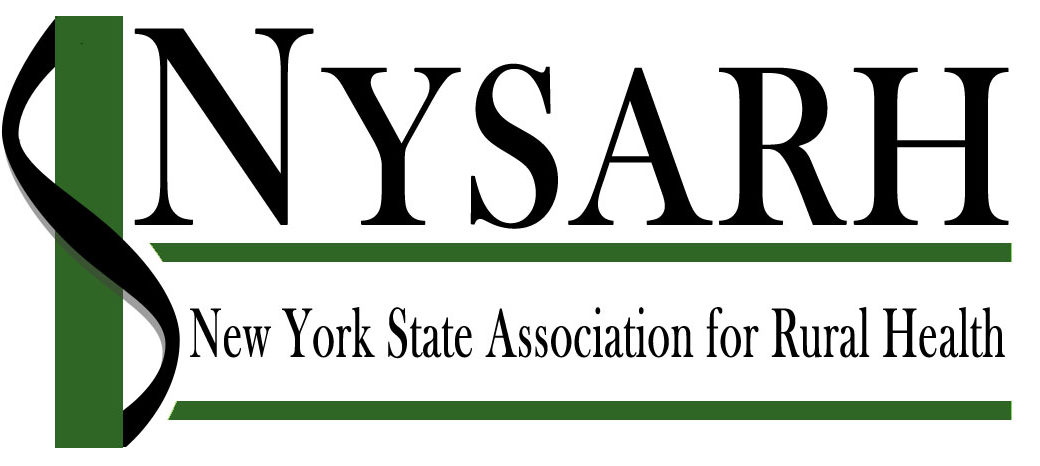In 2020, the National Association of Rural Health Clinics (NARHC) took a significant step forward in their mission to provide accessible healthcare information by establishing the NARHC Research and Education Foundation. Among its objectives, the Foundation aimed to create a comprehensive RHC data warehouse, which would serve as a valuable resource accessible to the public free of charge. This data repository, containing vital information about Rural Health Clinics (RHCs), has the potential to benefit individuals, stakeholder organizations, academic institutions, government agencies, and independent researchers alike.
For over a decade, the National Association of Rural Health Clinics has been collaborating with the National Center for Rural Health Works (NCRHW) and the National Center for the Analysis of Healthcare Data (NCAHD) on various research initiatives and analytical support projects. These partnerships have played a crucial role in advancing our understanding of RHCs’ importance in providing healthcare services to underserved rural communities.
More recently, as part of their commitment to enhancing knowledge about RHCs, the NARHC Research and Education Foundation initiated a project to update and expand upon existing data regarding trends in RHC programs. The focus of this research spanned from 2020 to the end of 2022, aiming to uncover valuable insights beyond what was readily available through the Center for Medicare and Medicaid’s (CMS) Quality, Certification, and Oversight Reports (QCOR) system.
The challenge with the current QCOR data lies in its broad categorization of “terminated provider,” which groups together various scenarios involving RHCs. To overcome this limitation, the new research set out to categorize RHCs in the 3-year period as follows:
1. Truly Closed: Identifying RHCs that ceased operations entirely during the specified period.
2. Converted to a Different Facility Type: Examining RHCs that transitioned into alternative healthcare facility types, exploring the dynamics of this shift.
3. Underwent a CMS Certification Number (CCN) Change: Investigating RHCs that remained operational but experienced a CCN change, reflecting shifts in certification or oversight.
.This groundbreaking research promises to shed light on the ever-evolving world of Rural Health Clinics, offering valuable insights into their growth, adaptation, and resilience during a crucial three-year period. As we delve into the data, we invite you to explore the full document containing the detailed findings, data, and maps to gain a deeper understanding of the RHC landscape between 2020 and 2022.



